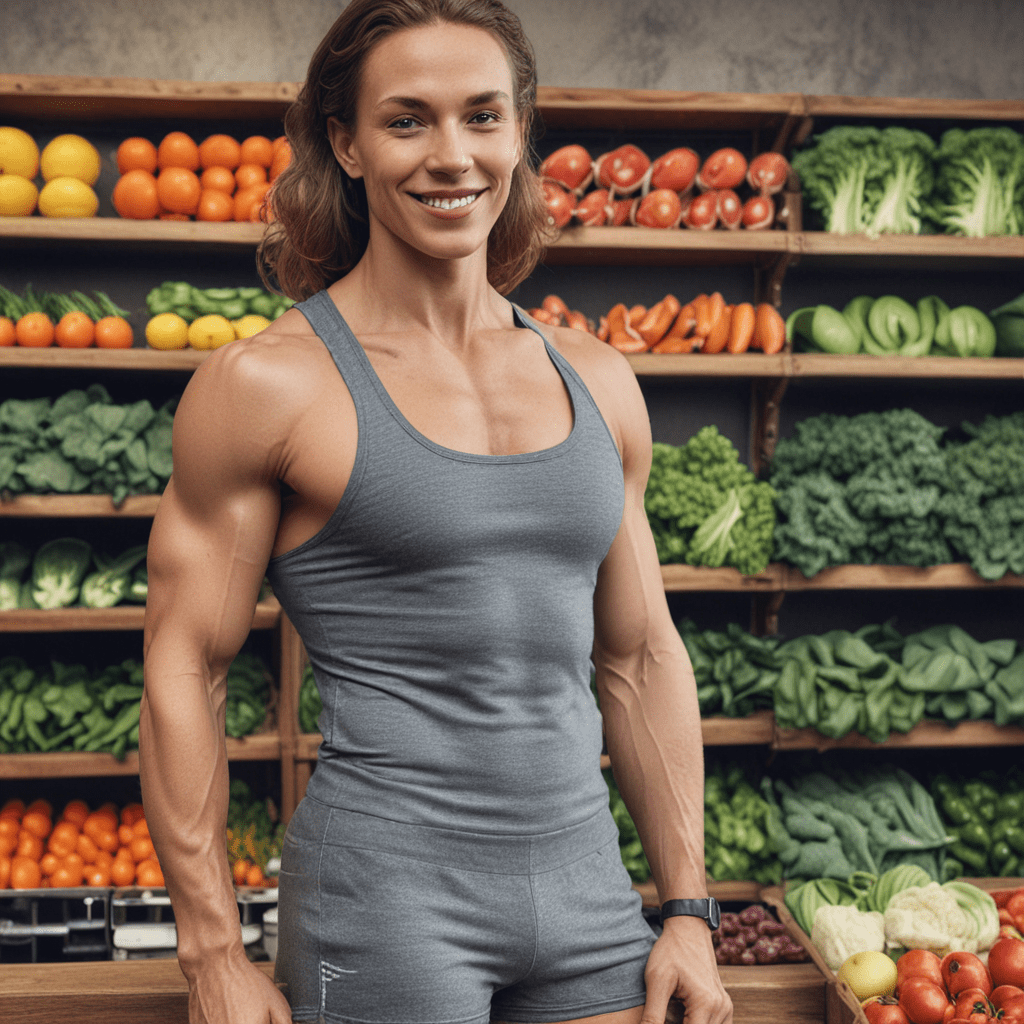
Introduction: The Connection Between Diet and Skin Aging
The skin, as the largest organ in our bodies, holds immense significance in our overall health and well-being. What we consume plays a critical role in maintaining its youthful appearance and radiance. A well-balanced diet provides essential nutrients that nourish the skin from within, promoting a healthy and vibrant complexion.
Veganism and the Skin: A Holistic Approach
Veganism, a plant-based diet that excludes all animal products, has gained popularity in recent times. It offers a unique approach to skin health as it emphasizes consuming nutrient-rich plant foods. By eliminating foods associated with inflammation and providing an abundance of antioxidants, vitamins, and minerals, a vegan diet can effectively combat the signs of skin aging.
Essential Nutrients for Radiant Skin
To maintain optimal skin health, several key nutrients are essential:
Antioxidants
Antioxidants, such as vitamins C, E, and beta-carotene, combat free radical damage, the primary culprit behind premature aging.
Vitamins
Vitamins A, B, C, and E support various skin functions, including cell regeneration, collagen production, and protection against UV damage.
Minerals
Minerals like zinc, magnesium, and selenium play crucial roles in skin repair, hormonal balance, and maintaining the skin's natural moisture barrier.
Benefits of a Vegan Diet for Skin Aging
A vegan diet offers numerous benefits for skin health, including:
Reduced Inflammation
Plant-based foods are rich in antioxidants and anti-inflammatory compounds that help reduce inflammation, a major contributor to skin aging.
Improved Collagen Production
Vegan diets provide ample amounts of vitamin C, essential for collagen synthesis. Collagen is a protein that gives skin its strength and elasticity.
Enhanced Skin Elasticity
Vegan food sources are rich in hyaluronic acid, a natural humectant that helps keep skin hydrated and plump, improving its elasticity.
Incorporating a Vegan Diet for Healthy Skin
Adopting a vegan lifestyle for skin health requires mindful meal planning:
Meal Planning Tips
- Include a variety of fruits, vegetables, legumes, and whole grains in your daily meals.
- Opt for brightly colored produce, as they contain higher levels of antioxidants.
- Incorporate fortified plant-based milk and yogurt to supplement essential nutrients.
Supplement Considerations
In certain cases, supplementation may be necessary:
- Vitamin B12 is not naturally found in plant foods, so consider a supplement or fortified foods.
- Calcium and vitamin D intake should be monitored, as some plant-based sources may not provide sufficient amounts.
Challenges and Considerations in a Vegan Lifestyle
Vitamin B12 Deficiency
Vitamin B12 is crucial for skin health and is primarily found in animal products. Vegans should monitor their B12 levels and consider supplementation.
Calcium and Vitamin D Intake
Calcium and vitamin D are essential for bone and skin health. While plant-based sources are available, vegans should ensure adequate intake through fortified foods or supplements.
Vegan Skin Care: Complementing Your Diet
In addition to a vegan diet, a well-rounded skincare routine is essential:
Natural Oils
Plant-based oils like jojoba, avocado, and argan oil are rich in antioxidants and fatty acids that nourish and protect the skin.
Moisturizers
Plant-based moisturizers containing hyaluronic acid, ceramides, and glycerin help maintain skin hydration and prevent dryness.
Sun Protection
Sunscreen is crucial for protecting the skin from harmful UV rays that can accelerate aging. Look for vegan-friendly, broad-spectrum sunscreens.
Conclusion: The Power of Veganism for Youthful and Radiant Skin
A well-balanced vegan diet can effectively nourish the skin from within, providing essential nutrients that promote a healthy and youthful complexion. By embracing a plant-based lifestyle and incorporating a targeted skincare routine, vegans can harness the power of nature to achieve radiant and youthful skin.
FAQ
Q: Can a vegan diet reverse skin aging?
A: While a vegan diet cannot reverse existing skin damage, it can slow down the aging process and improve the overall health and appearance of the skin.
Q: What is the best vegan source of protein for skin health?
A: Legumes, such as beans, lentils, and chickpeas, are excellent sources of plant-based protein that support skin repair and collagen production.
Q: Can I get enough calcium on a vegan diet?
A: Fortified plant-based milk, leafy green vegetables, and tofu are good sources of calcium for vegans. Consider supplementation if dietary intake is insufficient.


